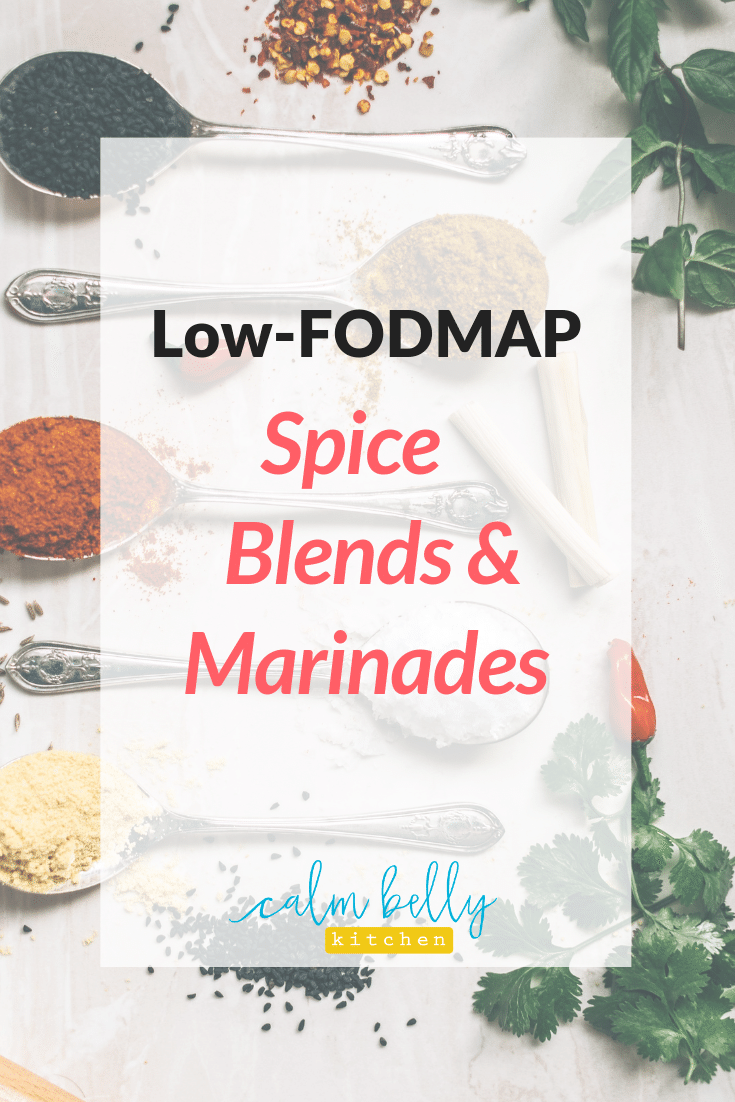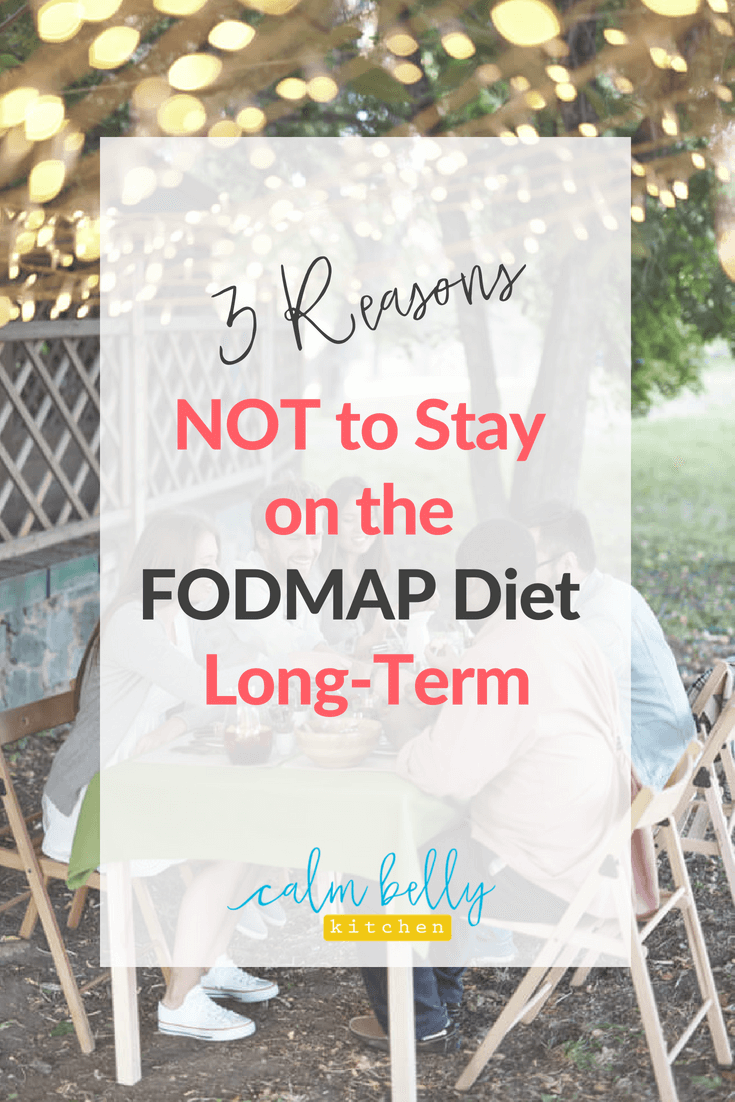Save it on Pinterest!
This video blog is part 2 in my series on how to deal with IBS symptoms, especially if you're experiencing Irritable Bowel Syndrome with Diarrhea (IBS-D). The low-FODMAP Diet is your first line of defense and often makes a big difference to those with diarrhea as their main IBS symptom.
But sometimes other strategies - along with modifying the FODMAP Diet to work with YOUR body - are needed.
In this video, I'll cover 4 strategies to consider if chronic diarrhea is wearing you down. Keep in mind that I'm discussing symptoms caused by IBS. If you have other health issues that factor in, other strategies may be needed.
Check out the rest of the series:
Part 1: 3 Ways To Deal with Constipation from IBS (and 1 thing NOT to do)
Part 3: 10 Ways to Beat Bloat
[Want to learn more about the FODMAP Diet and why it's so effective for IBS? Check out this blog post next!]
Now onto part 2...
How To Deal with IBS-D (Try these 4 strategies in this order!)
Watch the video to go deep on this topic, or keep reading to get the main points.
Just the key points:
First thing's first: Calm Belly Kitchen is an educational resource and doesn't replace personalized medical advice. Check with a doctor before starting any new dietary treatment or supplement.
4 Strategies To Deal with IBS-D
#1 Ace the Low-FODMAP Diet
For many people with IBS, avoiding their FODMAP trigger foods is enough to significantly reduce diarrhea and the urgency and panic that can go with it. If you're eliminating FODMAPs and still having frequent loose bowel movements, take a closer look at your meals:
Read ingredient labels to make sure no FODMAPs in prepared foods or processed items are sneaking into your diet
Regularly check the Monash app to know you're eating low-FODMAP serving sizes of fruit and veg
Get a low-FODMAP cookbook - I hear the CBK cookbook is pretty great! :)
#2 Look at your fiber Intake
It's not typical to go overboard on fiber when you're eating a low-FODMAP diet. But if you're very prone to diarrhea, it may help to reduce your intake of fiber-filled fresh produce and grains.
Here are some examples of how you might modify your daily diet:
If you're eating brown rice, switch to white
Have oatmeal every other morning instead of everyday
Try eating one serving of fruit in the morning instead of several servings throughout the day
#3 Focus on soluble fiber
Quick review:
Insoluble fiber adds bulk and pushes stool through the bowels. It's found in fruit and vegetable skins and whole grains
Soluble fiber helps stool form properly and move consistently through the bowels, rather than going to the extremes of diarrhea or constipation. It's found in fruit, veg, legumes, grains, nuts and seeds.
Most foods contain both types, and that's okay. You don't need to completely avoid insoluble fiber. However, a supplement like Heather's Acacia fiber is purely soluble and might be the extra help your system needs.
#4 Consider the Specific Carbohydrate Diet
If you avoid your high-FODMAP trigger foods and have a handle on your fiber intake but still experience diarrhea regularly, look into the Specific Carbohydrate Diet (SCD).
Put very simply, it's a more restrictive version of the FODMAP Diet. But like FODMAP, you don't stay in elimination mode forever! The SCD was developed to treat a variety of digestive disorders - including chronic diarrhea - by taking away all sources of fermentable carbohydrates, as well as foods that are part of the modern diet (i.e. grains) and anything artificial or processed (similar to the philosophy behind the paleo diet).
The SCD is also sometimes used to treat SIBO, often in combination with low-FODMAP or other diets. To learn more about the SCD, check out the website from the creators of the diet.
Bonus Tip: Chronic diarrhea is a major cause of dehydration, which saps your energy and makes your digestive system work harder - leading to more symptoms. Drink plenty of water to replenish your body.
Chronic diarrhea can mess with your quality of life, but you don't have to be stuck suffering forever! Look at your current diet, try the tips above, and see a doctor to explore other treatments if you need more help.
If you deal with diarrhea as your main IBS symptom, what strategies or tips have you help you? Share in the comments!












